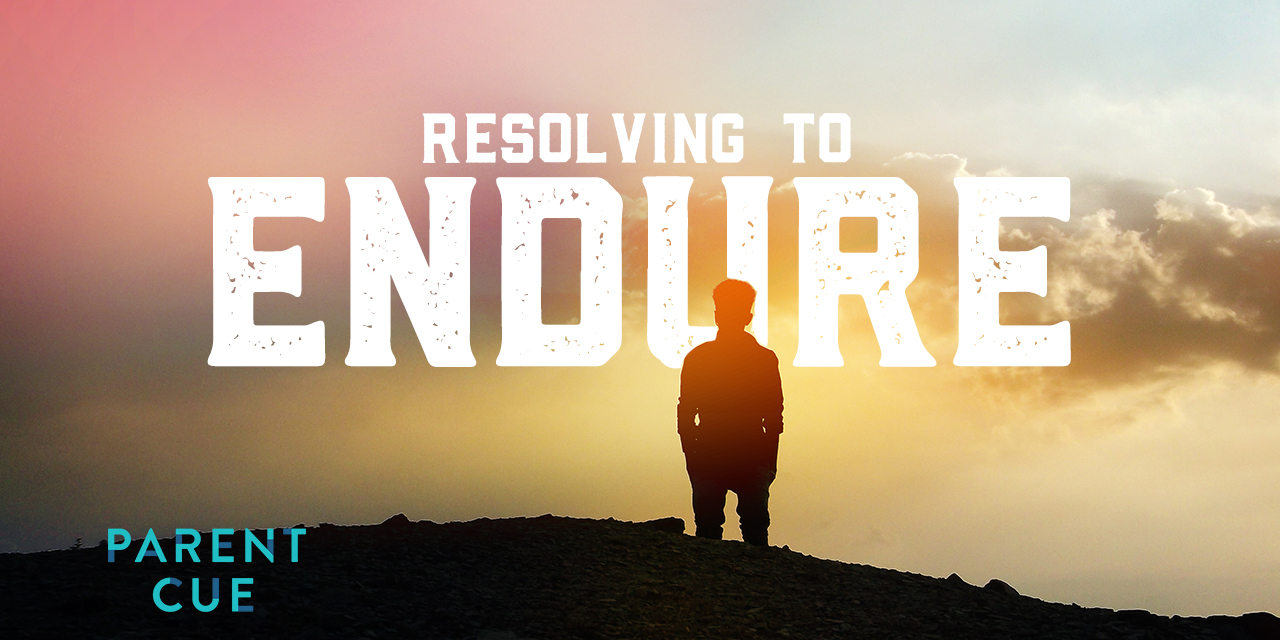
None of us likes to be controlled, but there’s something inside almost every parent that’s a little controlling.
When my kids were toddlers, I thought I would forever be able to engineer outcomes. I had some success in getting them to bed on time, making them clean up their rooms, and even in ensuring they said please and thank you. I was preparing them to behave in a certain way, but I was unprepared for what God was designing them to eventually become: independent young adults.
Every parent is on a journey. While we might feel like we have no control over a tantrum-loving toddler, the truth is we have almost complete control. A toddler does nothing without our permission and is dependent on a parent for virtually everything in his world. As a child grows up, that control loosens. A fourth grader makes more judgment calls and decisions than a four year old would ever make. And while you might question the judgment of your fourteen year old, he or she is, by design, learning to live with greater and greater independence.
While every child needs guidance and parents appropriately and clearly remain the as the greatest influence in a child’s life throughout the teenager years, the nature of the relationship changes. Every parent starts out with almost complete control in their child’s life. But by the time a child leaves home for college or the marketplace, all a parent is left with is influence.
The shift is massive:
Control works through rules.
Influence works through relationships.
If the focus is only on the rules in the teen years, you can lose the relationship.
If you have a solid relationship, you will likely end up with influence over the rules.
Influence in the adult years mostly depends on relationship. Why? Because people behave relationally.
If you’re not sure how that works, just watch a teenager who has fallen in love. Few people have more influence in a teen’s life than someone they’ve fallen in love with. While that can operate positively or negatively in a teenager’s life, the point is this: it operates. Watch how you work: you are most open to the influence of the people you care about most deeply. It’s just how we’re wired.
None of this should be surprising, because ultimately even a relationship with God is about, well, relationship. And it’s the depth of our love for God that in Jesus’ mind determines the degree to which we obey God. Love God a little, obey a little. Love God a lot, obey more deeply. The greatest commandment is to love God with our heart, mind, soul and strength. Jesus said the whole law and prophets hang it.
Ultimately the depth of your influence in your child’s life will be determined by the depth of your relationship. We listen most to those we love the most.
So what do you do to ensure that relationship grows over the years? This is not nearly an exhaustive list, but here are some things that are helping me as a dad:
When they’re young, remember any control you have is temporary. Year by year it will ease until twenty years later, all you’re left with is influence.
From a young age, increase the quantity of quality time you spend together. So much of family life is ‘transactional’ (clean your room, help your sister, get in the car, do your homework). Build quality experiences every week that become a part of everyday routine.
In the pre-teen and teen years, don’t withdraw because they withdraw. Your son or daughter needs to know they still matter to you, even if they pretend you don’t matter to them.
Communicate in a way that gives the relationship value. Talk about who you value (them) before you talk about what you value (boundaries and rules).
Resist the temptation to simply be a friend. Kids have parents because they need parents. But they also need parents who value relationship.
Be home more. Teens need as much of your time as toddlers do. Maybe more. You can’t guarantee that anything relationally significant will happen when you’re home. But you can guarantee that nothing relationally significant will happen if you’re never home.
How about you? What’s your journey been as your relationship with your child shifts from control to influence? What’s helped you (and your son or daughter) make the transition?




